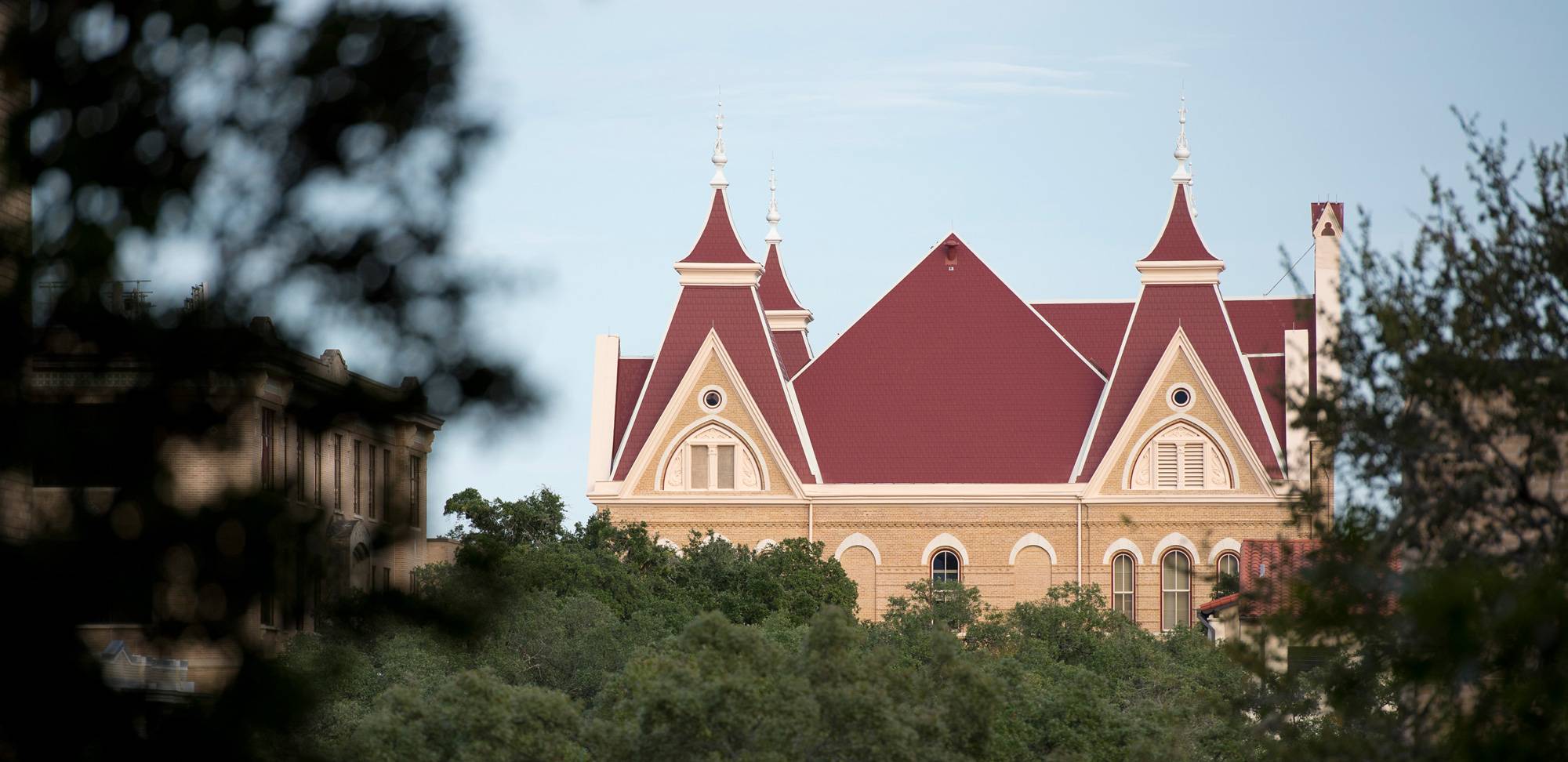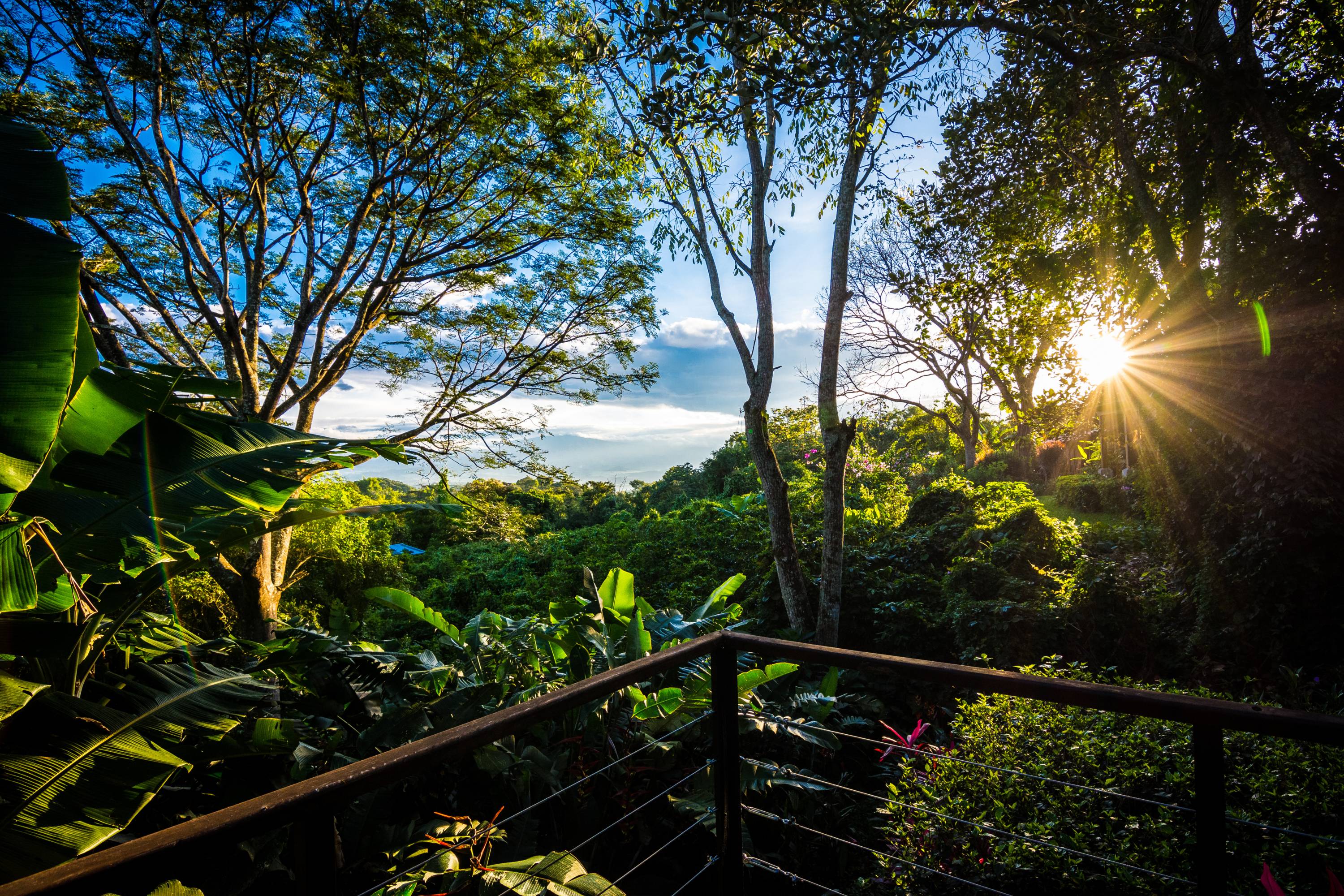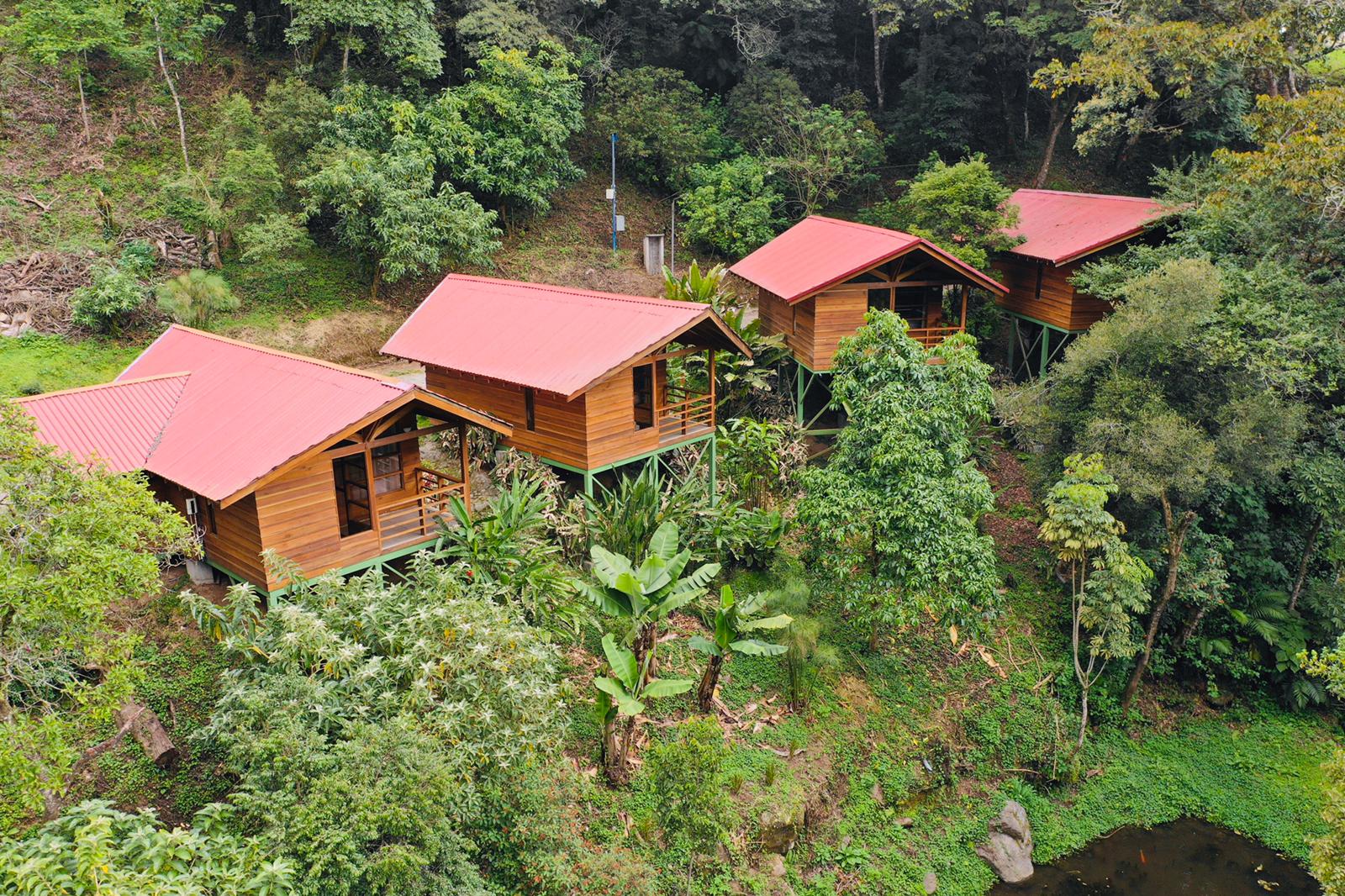Cartago, Costa Rica
All program information below is subject to change.
About The Program
Location & Partner
Cartago, Costa Rica
Cartago is a historic city located in the Central Valley of Costa Rica, surrounded by lush mountains. It was the country's capital until 1823 and is known for its colonial architecture and rich cultural heritage. The city is home to the famous Basílica de Nuestra Señora de los Ángeles, a major pilgrimage site. Close to natural attractions like the Irazú Volcano, Cartago offers a blend of historical and natural beauty, making it a unique destination for visitors.
The Costa Rica Institute of Technology (TEC)
TXST is partnering with The Costa Rica Institute of Technology (Instituto Tecnológico de Costa Rica, TEC) which is a prestigious public university located in Cartago, Costa Rica with around 6,000 students. Founded in 1971, TEC is renowned for its strong focus on engineering, technology, and science. The university offers a wide range of undergraduate and graduate programs, emphasizing innovation, research, and practical applications. With a reputation for high academic standards and contributions to technological advancement, TEC plays a key role in Costa Rica's educational and industrial sectors.
Courses
CE 3320 - Environmental Engineering (EXTENDED)
Leo Dielmann
This course is an introduction to environmental engineering. Topics include treatment of water, wastewater, air pollution, solid waste pollution, and hazardous materials. Standard test procedures for evaluating physical, chemical, and biological treatment processes are introduced. The use of technology to manage treatment processes and facilities will be introduced
ENGR 2301 - Statics (EXTENDED)
Leo Dielmann
This course covers the theory of engineering mechanics. Topics include forces, moments, and couples acting on stationary engineering structures. Additionally, two and three dimensional equilibrium, free-body diagrams, friction, centroids, and centers of gravity are covered.
IE 3320 - Engineering Statistics (CANCELED)
Dr. Liang Li
This course covers the fundamentals of probability and statistics, including probability distributions, visualization techniques of large-scale datasets, interval estimation, hypothesis testing, and regression modeling. The students will be exposed to traditional engineering applications of statistical modeling, as well as those modern problems encountered in big data analysis.
The courses will be 5 weeks long, with around 1 week of coursework prior to travel, 3 weeks of coursework in Cartago, and 1 week of coursework post travel. While abroad, class will be held Monday - Friday in classrooms at the TEC campus. Each course will have around 10 TXST students enrolled.
TXST Hub faculty are encouraged to incorporate the international location and culture into the course to create a meaningful learning experience for the students. TEC students and faculty will be invited to collaborate with TXST counterparts during the program through guest lectures and other activities.
Dates
Abroad
- Monday, June 2nd, 2025: Students arrive in Cartago, Costa Rica
- Saturday, June 21st, 2025: Students depart Cartago, Costa Rica
To Apply
- October 16th, 2024: Applications Open
- February 1st, 2025: Applications Close
Accommodation
Students will stay in cabin style accommodations located at Campamento Oikoumene near Cartago. Each student will have their own bed within a shared room, accommodating 5 students per room with bunk beds. Campamento Oikoumene has walking trails and beautiful scenery for students to enjoy after class. Breakfast and dinner will be provided for students by the accommodation.
Cost
$200 Application Fee (non-refundable)
$300 Deposit (non-refundable)
$1,810 Program Fee Balance
$922.50 Tuition
$3,232.50
Airfare and Incidentals
Students should expect to pay the cost of airfare and incidentals such as food, souvenirs, tourist activities, etc. which are costs not paid to TXST.
Application Fee
This is a non-refundable fee that students will pay when applying to the program.
Deposit
This non-refundable deposit will be due by February 15th, 2025, and confirms the student's participation in the program.
Program Fee
This fee goes towards student accommodation. classroom use, transportation to/from the airport, and other program logistics while abroad. This will be due in May of 2025.
Tuition
Undergraduate students will pay $922.50 to earn credit for the 3 credit hour class they take while abroad. This will be due in May of 2025.
Transportation
Arrival and Departure
Students will be picked up by a shuttle service and taken from San Jose airport to the accommodations for arrival and departure.
To the City Center
Students can utilize taxis or Ubers to go into Cartago or San Jose for errands independently.
To Class
Students will be picked up by a TEC bus and taken to the TEC Cartago campus where their classes will be held.
How to Apply
- Meet with Academic Advisor to complete the required Academic Advising Form.
- Submit application to specific Hub course with the following:
- $200 application Fee (non-refundable)
- Signed Academic Advising Form
- If requested, meet with Hub Faculty to discuss application and program.
- Wait for decision email.

Student Expectations
Academic
Students on the Hub Program are expected to maintain a high standard of academic performance and integrity while abroad. While abroad students should expect to attend all classes, complete assignments on time, and actively participate in their coursework. Students should prepare to proactively manage their time and balance academic responsibilities with their free time during the program.
Behavior
As a participant on the Hub Program, students are expected to exhibit behavior that reflects positively on themselves and Texas State University. Students should demonstrate mature, responsible, and respectful behavior at all times while on the program. This includes respecting the cultural norms of the host country, being kind to fellow students and faculty, and treating classroom and living spaces with consideration. Upholding these standards will help ensure a successful program experience for everyone involved.
Physical and Mental Health
Students on the Hub Program are expected to prioritize their physical and mental health while abroad. This includes maintaining a physically healthy lifestyle by eating well, staying hydrated, taking necessary medication, and getting enough sleep. Students should be prepared for the physical demands of their new environment, such as different climates, terrain, or levels of activity.
Equally important is prioritizing mental health while abroad. Adjusting to a new culture and environment can be hard, and it's normal for students to experience some anxiety, culture shock, or homesickness during their time abroad. Students should prepare to experience these challenges during the program and develop a plan on how best to prioritize their own mental well-being while on the program.









